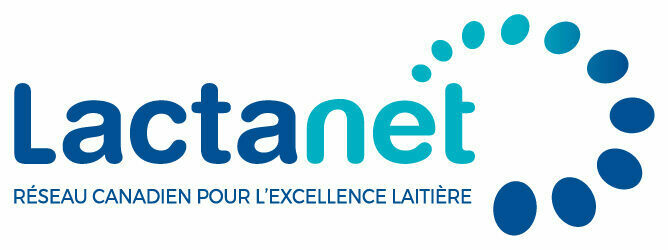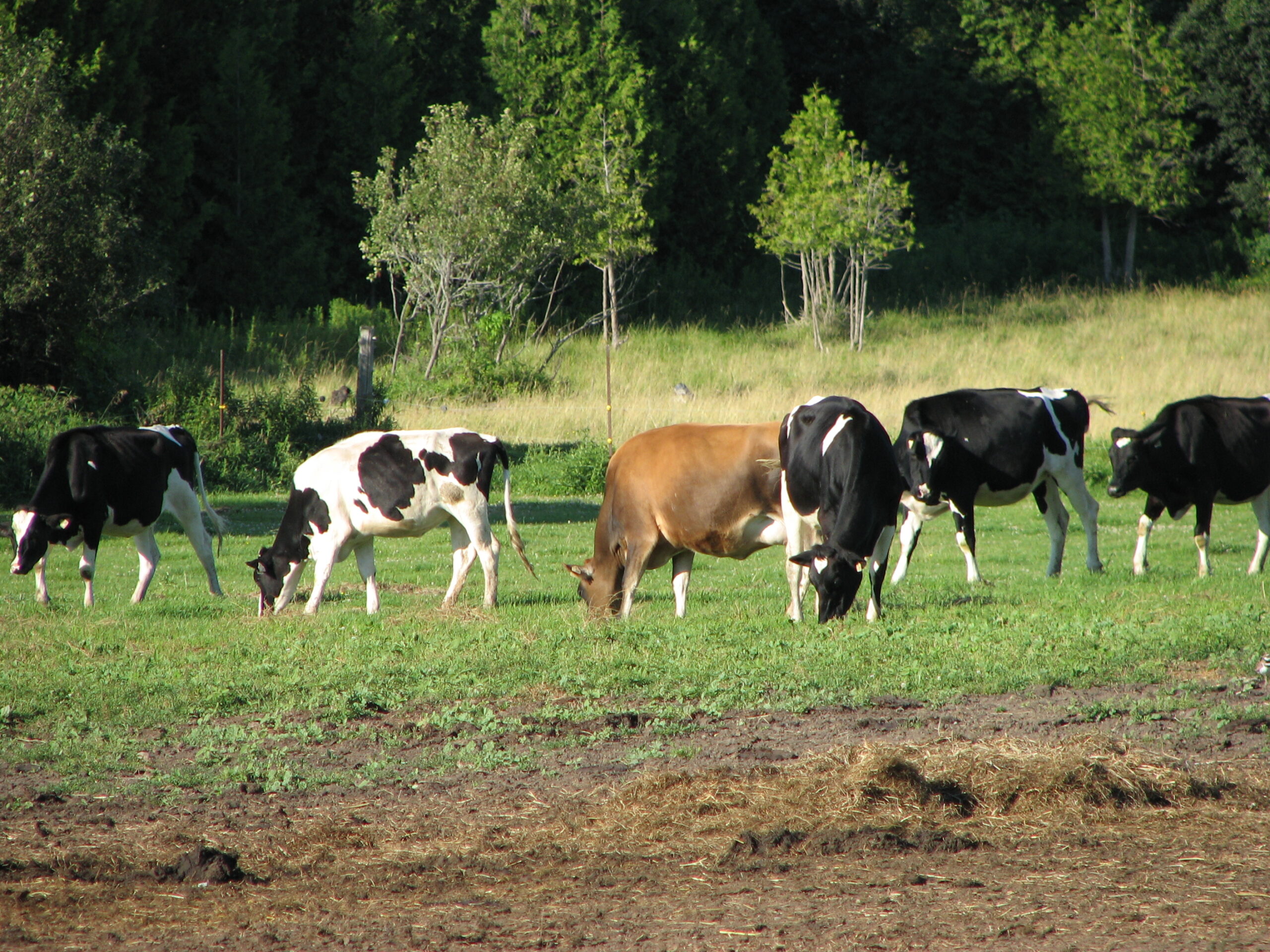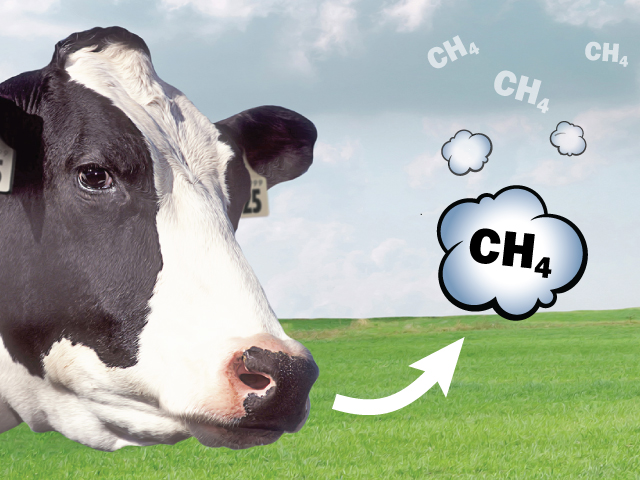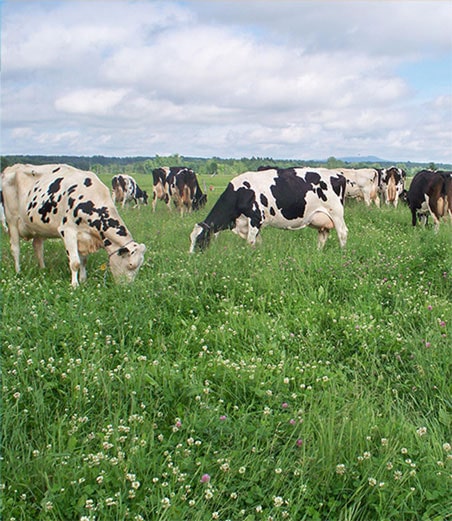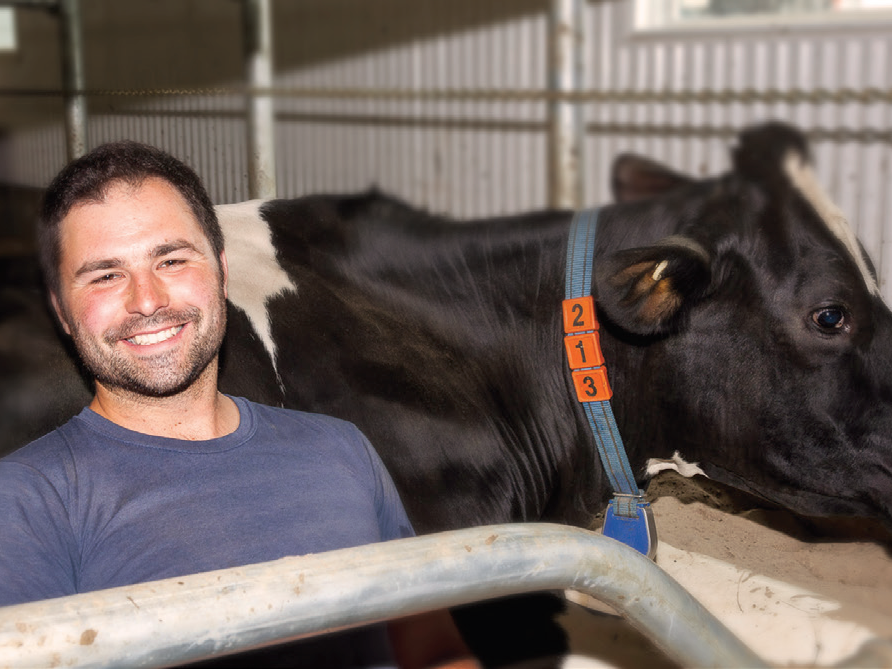Employee Retention: Essential for Farm Sustainability
- January 24, 2023
- Le Producteur de Lait Québécois Magazine
Farm sustainability is a unified whole. To be sustainable, you have to look at the long term: will my farm overcome the challenges of time from an economic, environmental, social and animal welfare perspective? To succeed, you will need to surround yourself with the right people, and especially the right employees. But how do you retain this workforce over the long term?
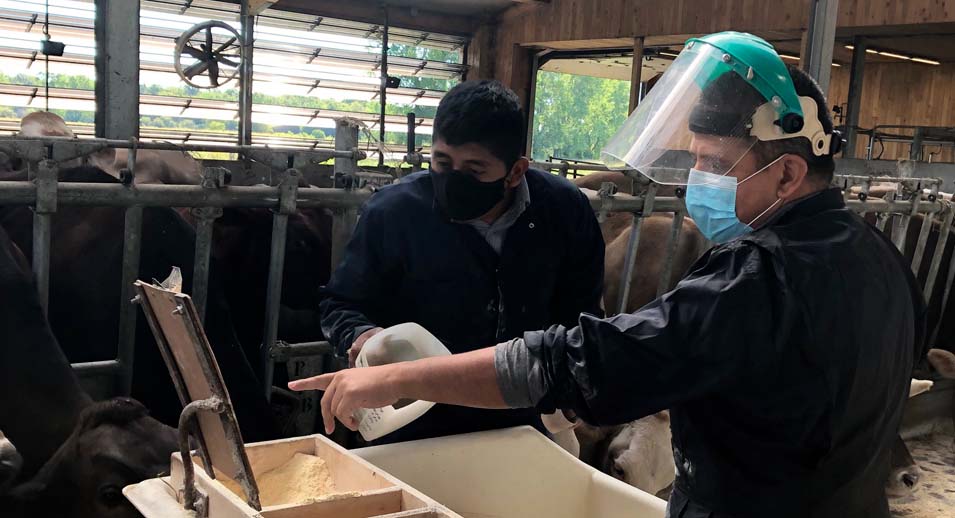
First question: What am I looking for?
Before we explore the three main employee retention strategies, you need to ask yourself what type of employee you’re looking for.
Is it someone who comes in and performs their day-to-day tasks and returns home only to return the next day to the same routine, day after day? Or are you looking for an active member for your work team, someone who will have a voice and be part of the company’s decision-making process?
The answer to this question will help you prepare your retention approach.
The first step: Proper ONBOARDING
We often feel like we’re chasing every minute and never have enough time. The onboarding of new employees can seem like a standardized step that we can get through quickly as well. We want our tasks done so that we can dedicate more energy towards the company’s more strategic decisions.
In reality, the onboarding stage is crucial to employee retention. From the beginning, you must have good communication with your new employees and clearly explain your expectations, their roles and responsibilities, and always keep your door open to offer them the support they need during these first weeks of intensive learning. A personalized approach during onboarding will also save you money and time in the long term, and will help employees integrate more quickly into their role within your business.
Once your employees are onboarded, you can ask them for their opinion by means of a survey. This survey could, for example, give you an idea of their understanding of roles, responsibilities and information related to work experiences, giving you a chance to continuously improve your onboarding process.
Throughout the onboarding period and even afterwards, it is advisable to schedule individual or team follow-up meetings to show employees that they are appreciated, to ensure that their workload is adequate, and to introduce them to external farm stakeholders to avoid anonymity. You will then have a real work team.
Employee involvement through TRAINING
Employee continuing education remains an important aspect of their sense of belonging. They will feel that you want to invest in them and their skills—in other words, in their success. In addition, you will have a more skilled workforce that will have more and deeper knowledge, and therefore make fewer mistakes. Training also improves work team morale, commitment, and mood. Your employees will be more autonomous and will be able to identify and solve certain problematic situations on their own. Be proactive rather than reactive!
Train your employees according to the following five criteria:
- Assess the level of knowledge
- Adjust training according to knowledge level
- Plan a continuing education program tailored to your needs
- Prioritize example-based, practical learning
- Provide training in the employee’s first language
MOTIVATION is a valuable asset
The third most important strategy is motivation. It creates a sense of belonging to your company and promotes employee commitment.
Keeping employees motivated is not that difficult! You can start by recognizing your employees. This recognition could be in the form of economic benefits (seniority benefit, performance bonus, loyalty bonus, etc.). Other ideas could include planning team outings or simply showing your employees that you care by asking them about their projects, or by requesting their opinion.
Did you know that a happy employee will be 31%1 more productive? Think about it.
Success for you and your employees
Whether you have local employees or Temporary foreign workers (TFWs), retention strategies are the same: onboarding, training and motivation. Make sure you share the good and the bad with your employees. Make sure that if you win an award or see good results, they are aware and can celebrate with you. There is nothing better than a positive, dynamic environment to keep employees around for a long time.
So, what did you decide: Do you want people who simply do their job, or do you want a functional, productive and motivated work team?
Training for the integration and support of foreign workers
By Catherine Larivée Bazinet, agr.
